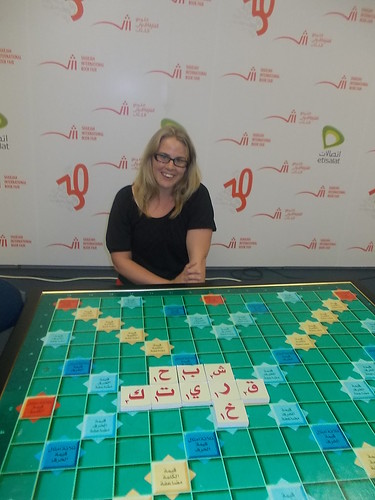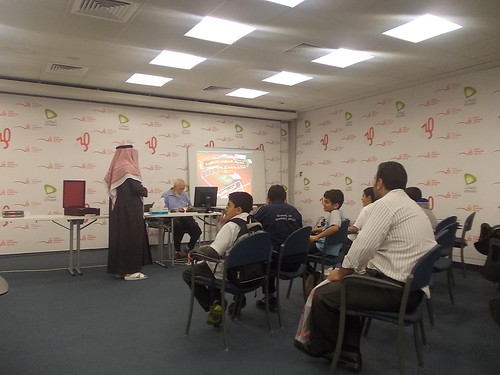It's mostly my fault - for the first few years I pursued my writing goal in secret and flung myself repeatedly against the same wall, the Dunning Kruger Syndrome coursing through my veins. I'd send off batches of manuscripts, four or five at a time, convincing myself that all sorts of things were possible. That it was a numbers game. That agents further up the alphabet would be easier. That this edit was the one that'd make it through.
My first rejection was from an agent at big agency Peters, Fraser and Dunlop (PFD to you), who had made a big noise online about how he loved to help new authors. I remember cursing and shaking my fist at him (from 4,000 miles away) as his form rejection showed me how little he, in fact, cared for us unsung geniuses.
I've already said several times that I now consider my first book, Space, was badly written. It was funny, but really lacked the technique to cut the mustard. I realised that in 2007 when I finally 'came out' and made contact with other writers. I was still 'shopping' Space then, hopeful that whatever quality had got it to the 'Editor's Desk' on Harper Collins' peer-review site Authonomy would be seen by someone who would take it on and get it a nice editor. It was not to be. I had finished Olives and started submitting it to agents before then, but Olivestoo had been notching up rejections from agents, some of whom had said odd things like 'The British public isn't interested in the Middle East' and 'We see enough bombs in the world without wanting to read about them.' I took these statements seriously at the time, but have since learned not to - literary agents and editors alike will cast around for the nearest glib phrase to decorate a rejection, these aren't thought-through guidance, but a brush-off. They do an awful lot of rejecting, they reserve their time and effort for the stuff that gets through.
So Olives must have racked up another 100-odd rejections (in batches, in between major editing runs and re-writes) before one request for a 'full read' came back with 'it isn't dramatic enough'. I stomped off with gritted teeth and the determination to give them dramatic if they wanted dramatic. Beirut, an insane, pumped up international spy thriller on crack, the result of that particular temper tantrum, was certainly dramatic.And it was also rejected time and again before a cheeky correspondence with the very kind agent Andrew Lownie resulted in my getting a professional reader to look at the manuscript - his advice taken, I resubmitted to Robin Wade and it was Robin who signed me up and tookBeirut to 12 of London's Finest.
Who all rejected it.
It's certainly a remarkable tale - 250 rejections is quite a tally. Many of these are completely my own fault - for going it alone, for thinking this was a numbers game, for sticking with it and for beating my head repeatedly at the same wall. But a good number of them are the fault of an industry in its death throes. Agents are gatekeepers for publishers, filtering out anything they don't believe is a dead cert winner. Agents get paid 15% of authors' revenues and like nothing more than a nice, fat advance. If you can land a £100,000 advance once a month alongside some strong residuals, you're in the moolah, no? So there's a strong trend to support the well-trodden path, to be mainstream and not take risks. Added to that, the sheer number of hopefuls submitting to agents means manuscripts will be rejected for the most arbitrary reasons - bad formatting, an unconventional beginning, a difficult topic. And then there is the faddishness of safe publishing - if African Memoirs are this year's Big New Thing, then they're not going to be too open to a Sweeping Russian Drama. Sorry, Leo.
In the UK today, books are going straight to paperback and straight to discount - 3 for 2s and half price deals stacked up in supermarket bins as publishers try to find new ways to hit the popular pocket for money as they struggle with a public becoming ever more indifferent to full length linear narrative. People today are consuming so many streams of content and entertainment in such easily digestible media - and of course, e-readers are now part of that world, which rather confuses those used to thinking of the dynamics of publishing in terms of percentages of the hugely inefficient wodge of dead tree that is a booky book. E-book sales are going through the roof as the prices asked for by authors are going through the floor - publishing is finding it ever harder to map out its relevance in this scenario. And so only the very safest, most obvious decisions get made.
I'm sure someone in publishing will drop by and say, no, that's not the case - we just back quality. But I don't think the protest will carry much conviction these days.
So how can an author today handle rejection? First, remember it's not personal. Second, take any feedback as a hugely positive thing (remember, they're focusing on the stuff that gets through, so if they spare you a comment or two, they've done you a big favour). Third, don't let 'em pile up to 250. If you notch up just ten of those nasty little photocopied slips, assume the next ten won't be any different and get your ass off to www.kdp.com and sign up to Kindle Direct Publishing.
Because that, my dears, is where the party is.











